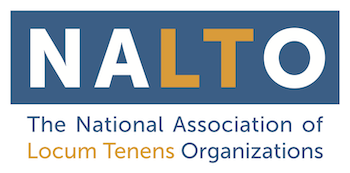The interview went great. Your potential new partners were friendly and eager to show you the best of everything - within the practice, at the hospital, and in the community. You were entertained at fine restaurants. A chatty real estate agent drove you around town while boasting about the quality of the schools, the fabulous amenities in the community, and the great climate. You accept the position and 6 months later realize that the practice is on shaky ground financially, your partners are not highly thought of within the medical community, the school board is more dysfunctional than your cousin Leonard's family, and it has not stopped raining since you arrived. If I had only known, you think to yourself.
It is not uncommon for physicians, particularly young professionals, to take a first job (and even a second or third) only to find themselves disillusioned after a relatively short period of time. The reasons may be specific, or it may simply be that the practice was not a "good fit." Jumping too quickly into a permanent job is an understandable mistake, especially for doctors just out of training who are eager to get settled and start earning a living. But even mid-career physicians can be seduced into positions that turn out to be disappointing.
